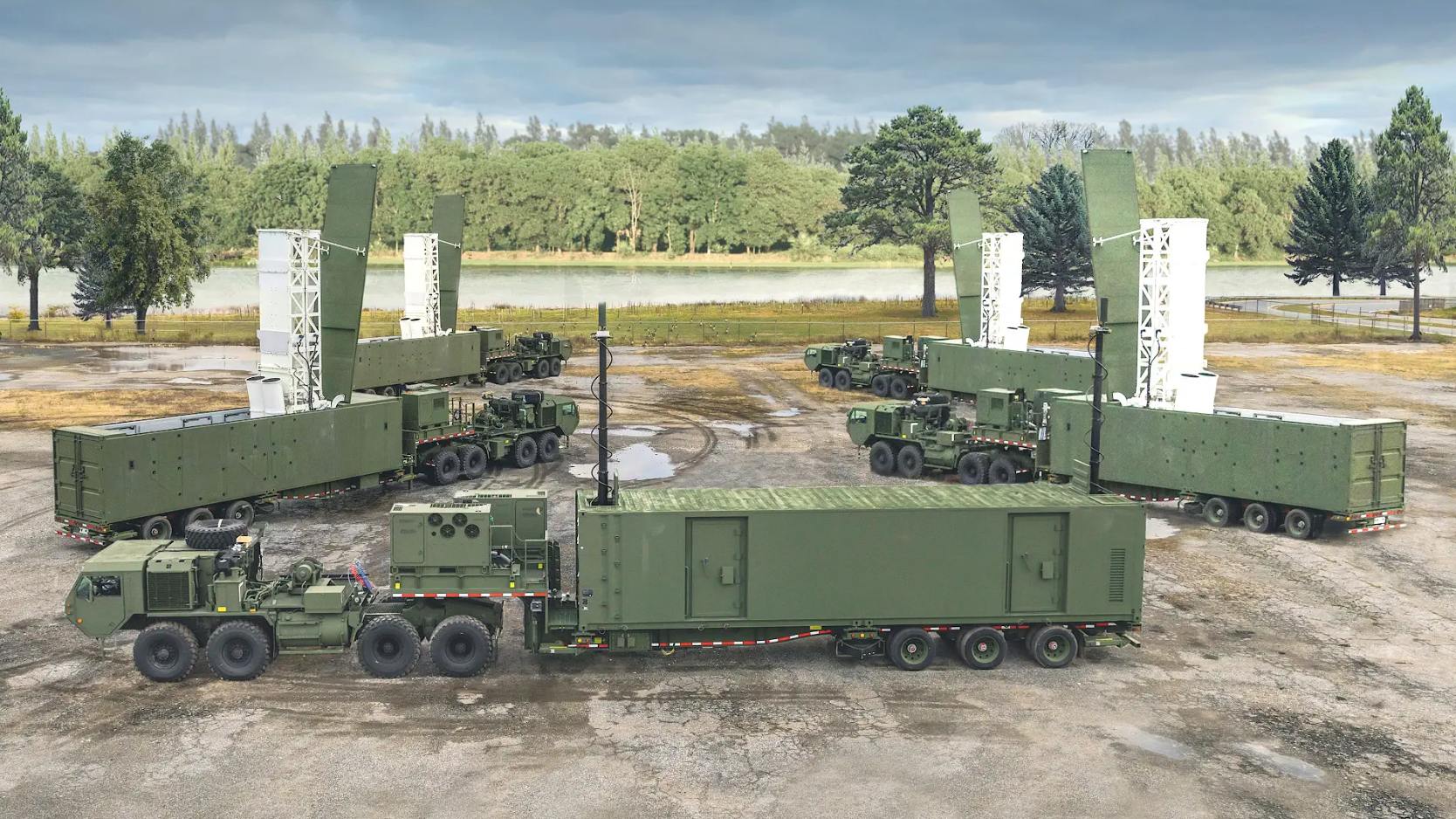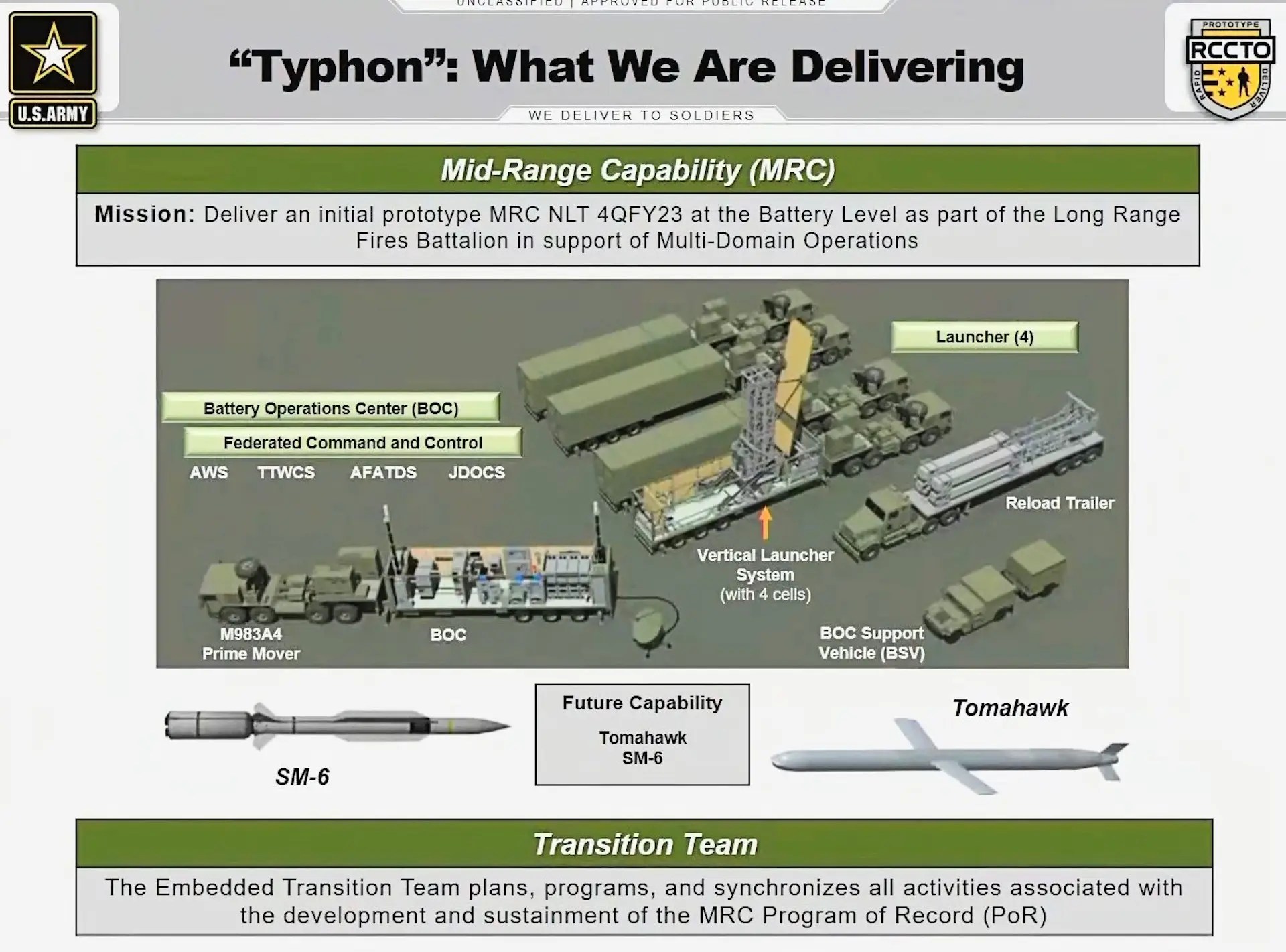Russia has issued a stern warning to the United States, promising a “comprehensive military-technical response” if Washington proceeds with deploying intermediate-range and shorter-range missiles in Japan.
This announcement comes just weeks after the US expressed interest in deploying its midrange missile system, known as Typhon, to Japan for joint military exercises.
Speaking on September 14 at the BRICS Media Summit, Russian Deputy Foreign Minister Sergei Ryabkov cautioned against the deployment of such missiles in Japan, signaling potential military escalation, according to the Russian media.
“Let them first move in the direction of what is now circulating as rumors, and then they will receive a comprehensive response, including of a military-technical nature,” he said.
Ryabkov pointed out that despite Russia’s ongoing moratorium on the deployment of intermediate-range missiles, Moscow remains ready to respond decisively if provoked.
He noted that President Vladimir Putin has consistently emphasized that Russia will not tolerate such developments without reacting.
“The lack of alternatives to our, including material, military, and military-technical reaction, should be clear to those who continue these zero-sum games in Washington, Tokyo, and other capitals,” the deputy minister added.
This warning from Moscow follows a recent statement by President Putin on September 10, where he accused the US of provoking an arms race by openly planning to deploy intermediate-range missiles in the Indo-Pacific region.
Moscow Condemns Portugal’s Transfer of Russian Aircraft To Ukraine; Terms It A ‘Hostile Step’
Putin argued that these actions disregarded the security concerns of US allies in both Asia and Europe. Russia’s concerns about US missile deployments are not new.
In early June, Putin made it clear that any US missile deployment would not go unanswered. Putin has also indicated that Russia would respond to US missile deployments by ramping up its own missile production and carefully considering its strategic placement.
SM-6 Missiles: China Warns US Of Consequences Over Deployment Of ‘Typhon’ System In Its Backyard
In July, Russia’s President said, “We declare a moratorium on the possible future deployment of our respective systems until these missile systems appear in some region of the world. And if American-made intermediate-range and shorter-range missile systems appear somewhere, then we reserve the right to act in a mirror manner. Everything remains, as we said.”
The INF Treaty, signed in 1987 between the USSR and the US, prohibited the production and deployment of nuclear and conventional ground-launched ballistic and cruise missiles with ranges of 500 to 5,500 kilometers. However, the treaty became invalid on August 2, 2019, when the US withdrew from it.

US Considers Deploying Midrange Missiles in Japan
In early September, US Army Secretary Christine Wormuth indicated interest in deploying a midrange missile system to Japan for joint military exercises.
During a Virginia event, Wormuth revealed that she visited Japan in August and discussed deploying the Army’s Multi-Domain Task Force, which includes the Mid-Range Capability missile system, also known as Typhon.
This interest in deployment follows the Typhon’s first deployment in the Indo-Pacific region, which has already sparked strong reactions from Russia and China.
In April, the US Army had deployed the Typhon launcher—capable of firing Tomahawk cruise missiles with a 1,600-kilometer range and SM-6 missiles—into the region for joint exercises in the northern Philippines. This deployment is scheduled to conclude later this month.
In fact, the Philippines has already shown interest in acquiring the Typhon missile launcher as part of its strategy to enhance its defense capabilities, a move that has infuriated China, as previously reported by the EurAsian Times.

Meanwhile, Japan has consistently denied media reports suggesting that the US might deploy similar systems in the country. Experts believe that deploying such weapons in Japan would make the sites potential targets for China’s extensive missile arsenal, making public acceptance challenging.
However, despite Japan’s denials, there are signs that Tokyo might be contemplating the deployment. Lt. Gen. Kazuo Sakai, chief of staff of the Ground Self-Defense Force’s Ground Component Command, visited the US military’s Joint Base Lewis-McChord in Washington state in early August.
At the time, the base’s official Facebook page shared photos featuring Sakai and his delegation posing with US personnel in front of a second Typhon battery located at the site.
On the other hand, China, along with Russia, has strongly opposed any such missile deployments to the Indo-Pacific region. Beijing says that such a move would place powerful weapons near its borders, increasing the risk of misjudgment and potential conflict.
Yet, proponents of the Typhon deployment argue that it could serve as a deterrent to China, especially around Japan’s southwestern islands near Taiwan, where Chinese military activities have been escalating.
- Contact the author at ashishmichel(at)gmail.com
- Follow EurAsian Times on Google News




